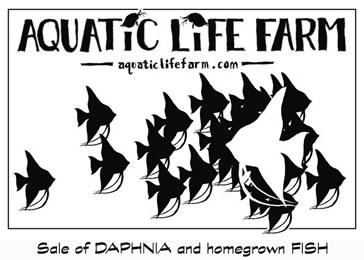Didn't blow it off. All I said, based on both personal experience and what I've seen over the years, is I don't think a generalization applies to all wild fish or all wild Malawis. I've just seen too many nice wild imports do quite well. No doubt a lot depends on the importer and how they condition/acclimate the fish, no doubt also how the fish are handled along the way... and according to at least one well connected importer I know, a lot can depend on what someone does once they get them home to their own tank (his advice linked below). In any case, my impression is a well connected importer chooses a pipeline that can get the fish he wants and delivers his investment in decent shape.
I assume we're allowed to express different opinions and just because we've seen different things doesn't mean either of us is blowing off the other's opinion.
Some importers are no doubt better than others at this. Here are a couple of threads with advice from a guy who dives the lake regularly, often working with Ad Konings (and Stuart Grant when he was alive) and also collects, breeds and imports Malawi cichlids (and has been directly involved with conservation efforts).
See Larryochromis post-- #6 re:
receiving wild caught fish
See Larryochromis posts in this thread re:
treating wild caught fish I'm not saying Larry's way is the only or best way, but it's what he has done (and advised) that works for him.
And, while I'm at it,
here's a thread by Larry on the Stuart Grant conservation fund.


